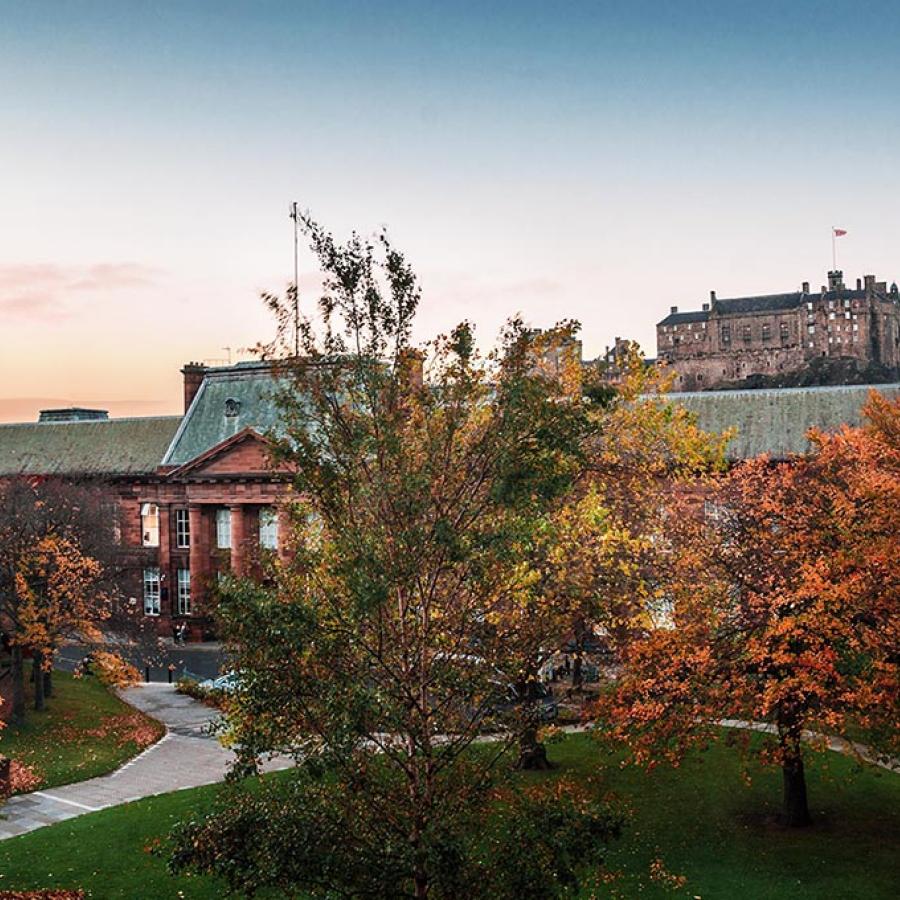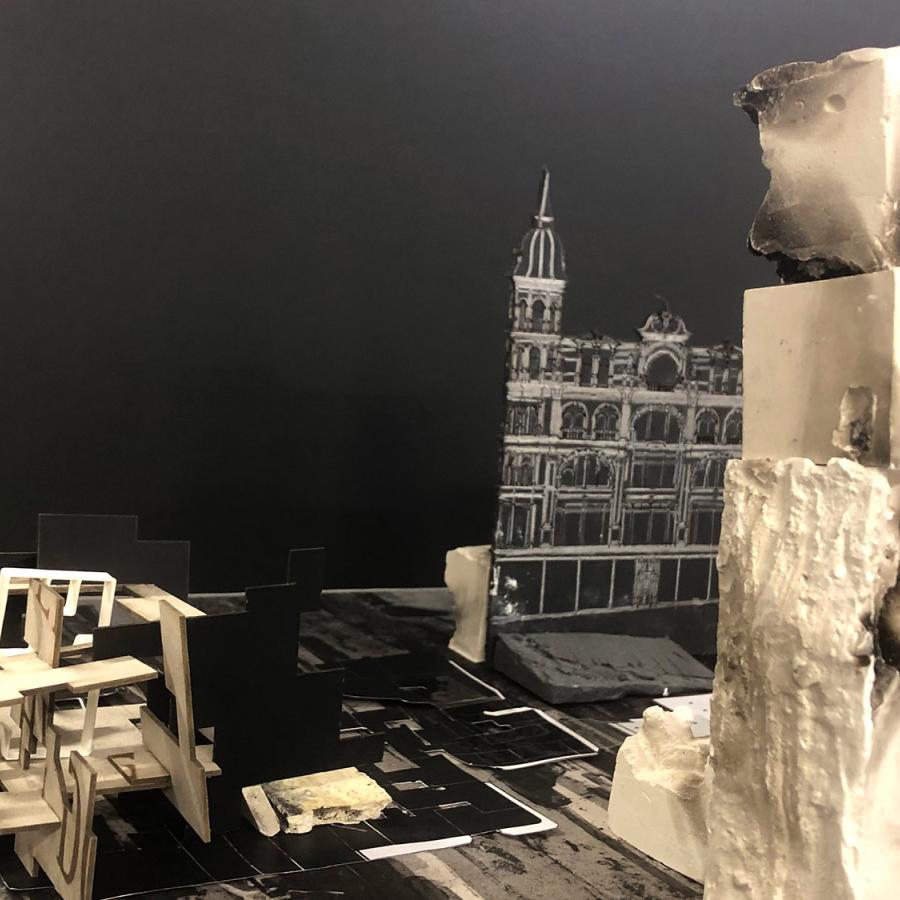Dr. Kirsten Carter McKee

Job title:
Teaching Fellow
Biography
Dr Kirsten Carter McKee is a heritage specialist, academic and consultant working at the intersections of heritage, sustainability and environmental justice. She teaches at the Edinburgh School of Architecture and Landscape Architecture (ESALA), University of Edinburgh, and directs the consultancy Urban Memory, which supports heritage organisations, local authorities and community groups in navigating complex questions of place, history and change.
Her work is interdisciplinary and practice-facing, combining critical heritage studies with architectural and landscape history, policy analysis and collaborative and creative approaches. She is co-author (with Dr Stephen Mullen) of the forthcoming book Architecture and Colonialism in Scotland (Historic Environment Scotland). She is also the author of Calton Hill and the Third New Town (2018), a detailed study of one of Edinburgh’s most contested landscapes, examining development, memory and public debate. Alongside her academic research, she has worked with artists and cultural practitioners and has contributed expert evidence and research to public planning inquiries, bringing critical heritage perspectives into live decision-making processes.
Research interests
- Colonial legacies in architecture and landscapes
- Heritage, sustainability and environmental justice
- Critical heritage governance and policy
- Climate risk, adaptation and heritage practice
- Community-led and participatory heritage
Kirsten teaches across undergraduate and postgraduate programmes at ESALA, where her teaching focuses on heritage management, contested sites and the ethical and social justice dimensions of conservation practice. She encourages students to critically examine how decisions about heritage are made, whose values are prioritised, and how conservation intersects with wider issues of power, inequality and environmental change. Her teaching also includes undergraduate courses in architectural history, architecture and landscape architecture. Teaching and research are closely linked in her work, with classroom discussions, case studies and student research directly informing her broader research agenda.
Research
Research
Kirsten’s research interests include heritage and sustainability; environmental justice and climate risk; colonial and imperial legacies in architecture and landscapes; heritage governance, planning and management; contested sites and public debate; creative and artistic approaches to heritage; and community-led, participatory heritage practice.







